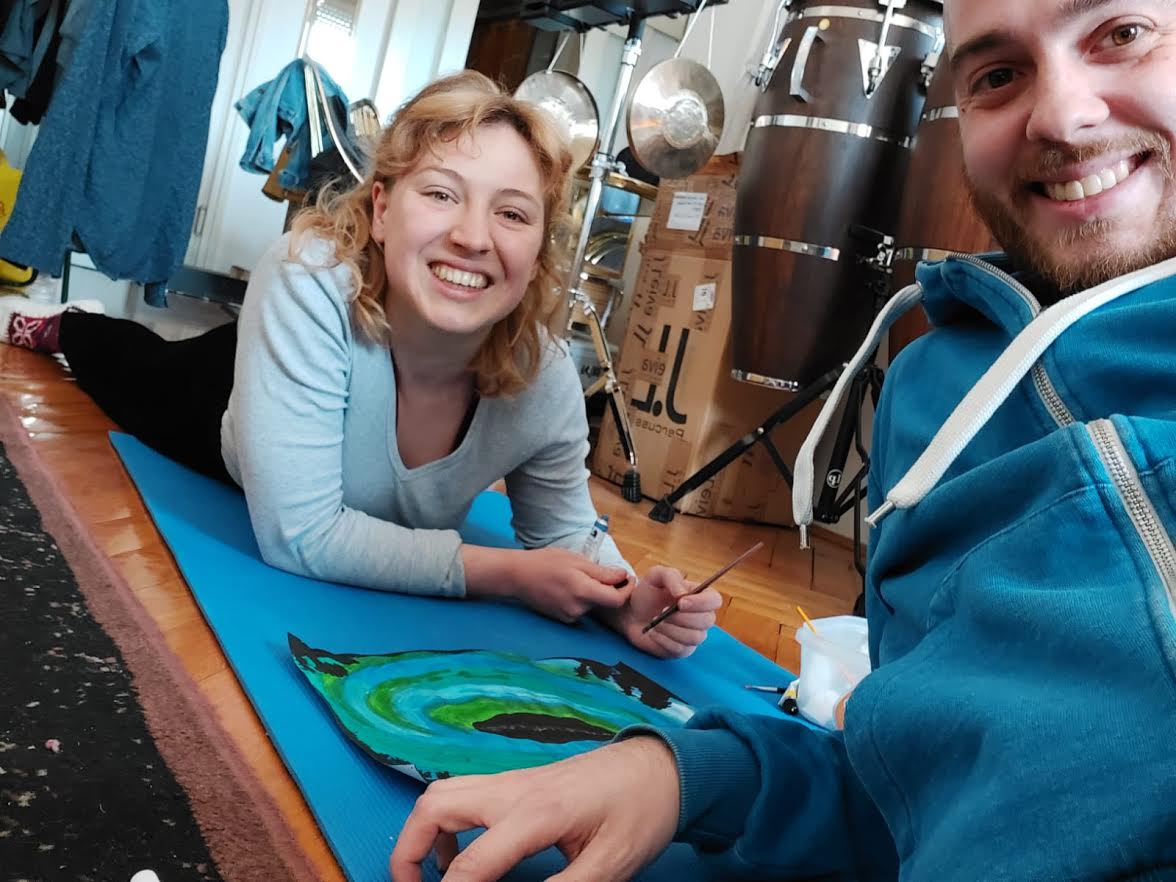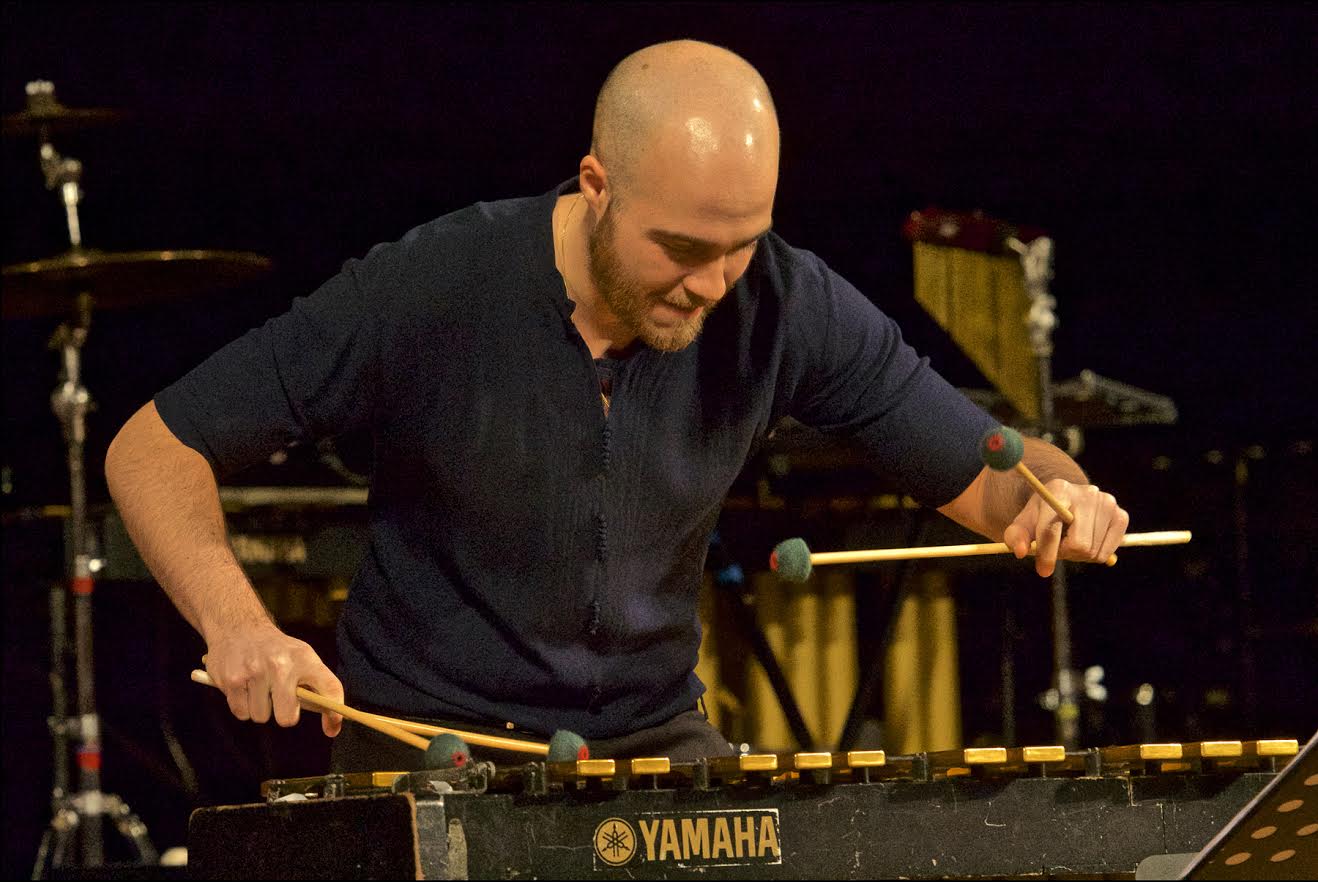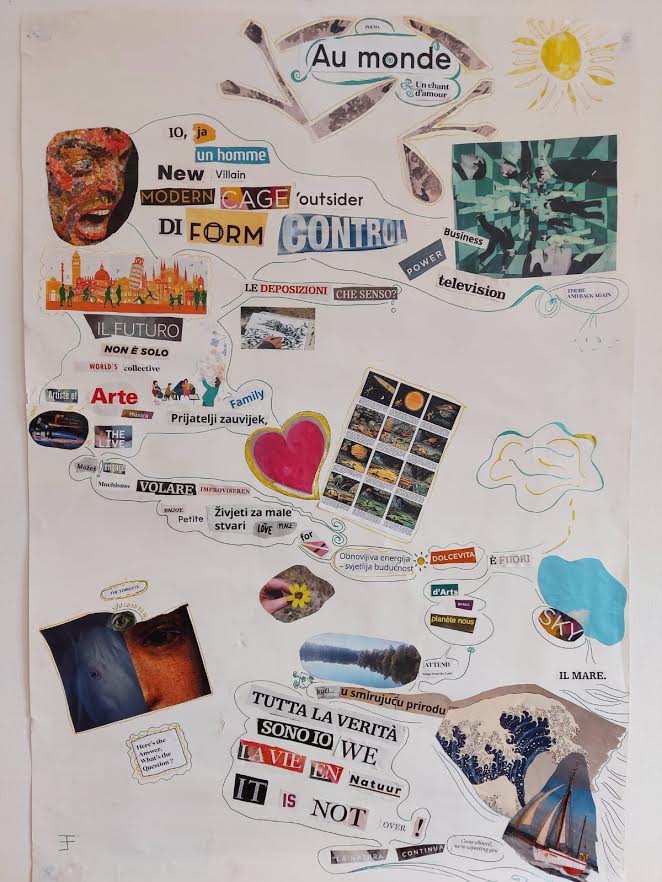"We Can!" for Control of Payment of Job Preservation Subsidies
ZAGREB, April 15, 2020 - The political platform "We Can!" said on Wednesday that the Tax Administration should be tasked with controlling how state grants for keeping jobs during the corona crisis are used by employers who are entitled to that measure.
This non-parliamentary political group thus responded to statements made by the Tax Administration head, Božidar Kutleša, that dealing with possible misuse of the funding granted under the government's job preservation scheme to employers for furloughed employees was not within the remit of the tax authority.
This political group says in a press release that it is unacceptable that public funds could be spent without control, and expresses fear that this would make it possible for employers who behave irresponsibly towards their workers to take advantage of this scheme.
Therefore "We Can!" demands that during the financial intervention in the economy the government should impose two criteria for the implementation of the grants: employers who use the funds should be expected to keep the workers on their payrolls and ensure salaries for a decent life, and they should not be allowed to make profit off those grants.
The political group also proposes that the non-payment of taxes and contributions could be implemented more flexibly which means that some of the companies that already feel the consequences of the corona crisis can be freed from the payment in the current three-month period, while those that will feel the consequences later should be allowed to be exempted from the payment any time this year.
More coronavirus news can be found in the Lifestyle section.
Croatian MEPs Dissatisfied with EU Response to Crisis at Its Beginning
ZAGREB, April 15, 2020 - Croatian MEPs Karlo Ressler, Tonino Picula and Valter Flego said on Wednesday they were dissatisfied with European institutions' weak response to the coronavirus pandemic.
Ressler (HDZ/EPP) said at a video press conference this was the EU's "biggest crisis" since its establishment. "This is, in a way, the moment of truth for Europe because swift action and swift aid are needed now. Concrete solidarity is needed."
He regretted the absence of a response by all member states at the beginning. "Attempts are being made to change that now."
Flego (IDS/Renew Europe) said the EU "was again surprised by snow in January," adding that Italy especially, the European country hit the hardest by the virus, had criticised the lack of European solidarity.
France and Germany were among the first to ban the export of medical equipment, which resulted in a rise in euroscepticism in Italy, with as many as 49% of Italians in favour of leaving the EU.
Picula (SDP/S&D) said European institutions were "slowly catching up."
The measures to help the European economy will show that "the EU is coming out of the initially passive, insufficiently active phase into a proactive phase of dealing with the consequences of the pandemic," he said, adding that the EU had suffered a "certain damage to its reputation" because of the initially absent common response to the crisis.
The three MEPs said a common European policy was needed for an adequate exit from the crisis.
"We should act together. It's clear that the European measures are complementary. It's clear we need to use every euro from the funds and programmes," said Ressler, the EPP rapporteur on the European budget for 2021.
Picula hopes for a more resolute and Flego a more aligned response in the second stage.
The three MEPs agreed that the crisis is showing that it is important Croatia enter the euro area given that its member states will have more money at their disposal.
"This too shows how important it is that Croatia enter the euro area," said Ressler.
"It's indeed good that we are in the European Union and it's a pity we are not in the euro area so we can use more money," said Picula.
More news about Croatia and the EU can be found in the Politics section.
Foreigners Self-Isolating in Croatia: Do You Feel Safer? Francesco from Italy in Zagreb
April 12, 2020 - Do foreigners in Croatia feel more or less safe sitting out COVID-19 here than in their home country, and what are their experiences? A new series on Total Croatia News, with Francesco Mazzoleni from Italy in Zagreb as the 38th contributor.
Oxford University recently published some research on government responses to coronavirus which showed that Croatia currently has the strictest measures in the world. While inconvenient, this is a good thing in terms of reducing the spread of the virus, and I am certainly not alone in my admiration of the official Croatian handling of this crisis in recent weeks, both in terms of action and communication.
But what do other expats here think? And how does it compare with the response in their home country? Would they rather sit this one out here or there? A new series on TCN, we will be featuring expats from all over the world to see what their views are on life in corona Croatia rather than back home. So far we have heard from expats in Croatia from Romania, USA, Ireland, UK, Mexico, Argentina, Spain, Singapore, Holland, Canada, India, Hong Kong, Venezuela, Latvia, China, Honduras, Hungary, Moldova, South Korea, Japan, the Philippines and Germany. Next up, Francesco Mazzoleni from Italy in Zagreb.
Francesco actually contacted us for another reason, as well as offering us something beautiful, which you can see below, before happily agreeing to become the first Italian in this popular series.
Hi,
I'm writing to you because I am following your news and I like the way you write, but this last period we are all the time bombed with news about corona. I'm an Italian percussionist working in Zagreb and I am sending you the last video my colleague and me released with our percussion duo, in case you want to talk of something else. :)
Beautiful! Thanks Francesco. Now tell us how things are with you.
Firstly, how are you? Are you alone/with someone? Tell us a little about your situation and sanity levels.
I'm good, I'm lucky to be able to spend this time with my girlfriend in my apartment in the center of Zagreb. I'm a percussionist of the Symphonic orchestra of the radio and television (HRT) and the thing I'm suffering the most in this period is the fact of not being able to make music as we were used to.
For this reason, I decided to change my musical routines to arranging new music for my percussion duo and contacting composers from Italy to start a project of new music for our duo, to use this period as an opportunity for creativity.
Besides this I'm spending a lot of time exploring new things, such as cooking as never before, films, painting, listening to music, reading and practicing yoga every day helps to keep me sane and discover who I am.
When did you realise that corona was going to be a big issue?
I realized it was going to be a big issue when I saw the numbers raising exponentially in Italy. It's hard to understand what's going on when things happen so fast.
What is your impression of the way Croatia is dealing with the crisis? How safe do you feel?
I think Croatia is dealing with this crisis in the best possible way. Learning from the mistake of Italy of not closing activities and schools when the numbers were still low, Croatia acted on this very early and this is helping to have a low spread of the virus compared to other countries.
I feel safe with the decisions the government is taking.
Now compare that to your home country and how they are handling it. What is Croatia doing better/worse?
Italy, unfortunately, was the first European country that got attacked by the virus and for this reason, the measures of prevention taken were delayed, causing what we are seeing in these days.
Croatia acted on it in time, and the situation here is much better.
What about official communications from the authorities, compared to your home country?
In this aspect I think the authorities of both countries are dealing with it in a good and calm way, taking the situation as it is and giving it the importance it should have.
What's the one thing you wish you had taken with you into self-isolation.
My family and my friends.
One thing you have learned about yourself, and one thing you have learned about others during this crisis.
I have learned where to put the focus in my life. The fact of slowing down the rhythm of actions we do each day, the point of life is to enjoy what we do and feeling a whole with our surrounding whatever and however it is.
About others, I have learned that in a situation of difficulties, we can count on each other and we have to trust others to create a better future together.
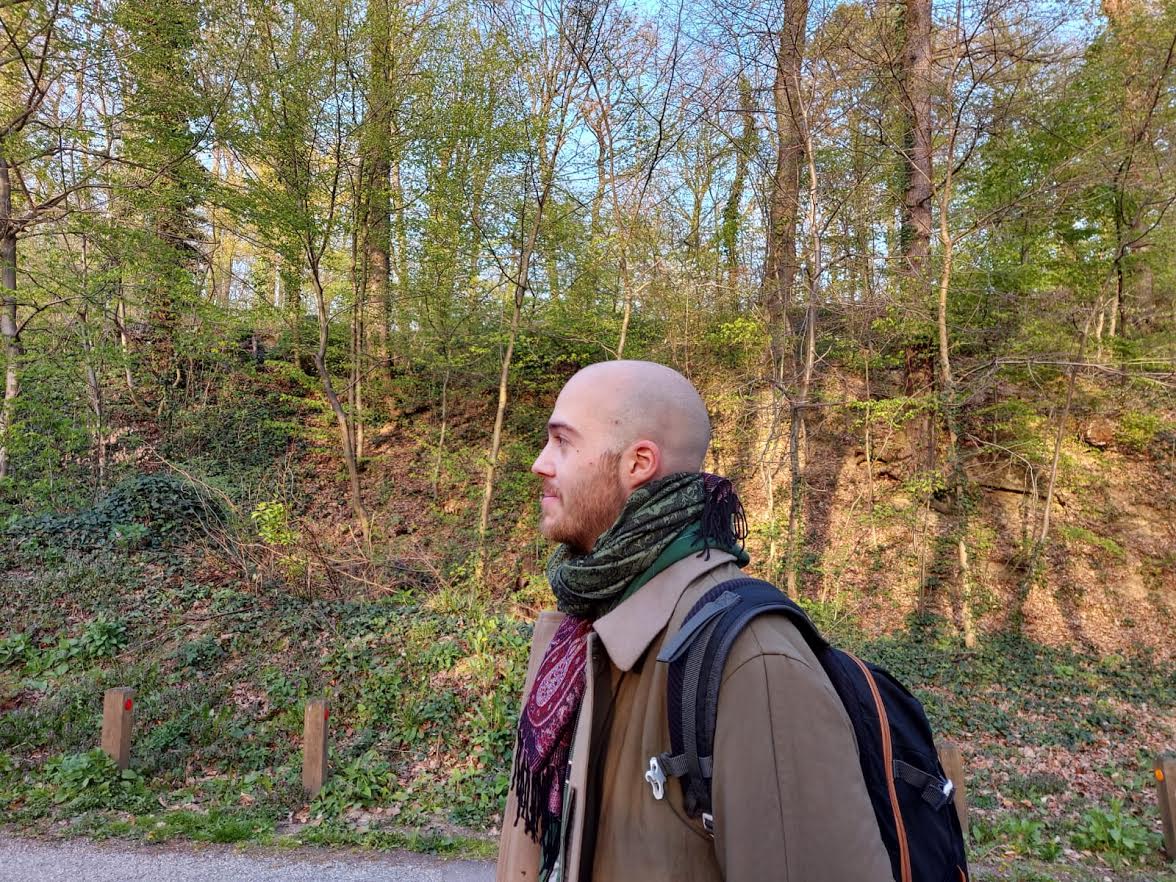
Thanks, Francesco. Stay safe and see you on the other side.
TCN is starting a new feature series on foreign experiences of sitting out COVID-19 here in Croatia compared to their home country. If you would like to contribute, the questions are below. Please also include a para about yourself and where you are from, and a link to your website if you would like. Please also send 3-4 photos minimum to This email address is being protected from spambots. You need JavaScript enabled to view it. Subject Corona Foreigner
If you would be interested to record a video version for our partners www.rplus.video please let us know in the email. Thanks and stay safe.
Foreigners Self-Isolating in Croatia: Do You Feel Safer Than in Your Home Country?
Firstly, how are you? Are you alone/with someone? Tell us a little about your situation and sanity levels.
What do you think about the economic measures the government is taking, are they helping your business? (PLEASE IGNORE IF THIS DOES NOT AFFECT YOU)
When did you realise that corona was going to be a big issue?
What is your impression of the way Croatia is dealing with the crisis? How safe do you feel?
Now compare that to your home country and how they are handling it. What is Croatia doing better/worse?
What about official communications from the authorities, compared to your home country?
What's the one thing you wish you had taken with you into self-isolation.
One thing you have learned about yourself, and one thing you have learned about others during this crisis.
TCN has recently become a partner in Robert Tomic Zuber's new R+ video channel, initially telling stories about corona experiences. You can see the first TCN contribution from this morning, my video from Jelsa talking about the realities of running a news portal in the corona era below. If you would like to also submit a video interview, please find Robert's guidelines below
VIDEO RECORDING GUIDE
The video footage should be recorded so that the cell phone is turned horizontally (landscape mode).
There are several rules for television and video news:- length is not a virtue- a picture speaks more than a thousand words
In short, this would mean that your story should not last more than 90 seconds and that everything you say in the report should be shown by video (for example, if you talk about empty streets, we should see those empty streets, etc.).
How to do it with your cell phone? First, use a selfie camera to record yourself telling your story for about a minute and a half. Ideally, it would be taken in the exterior, except in situations where you are reporting on things in the interior (quarantine, hospital, self-isolation, etc.). Also, when shooting, move freely, make sure everything is not static.
After you have recorded your report, you should capture footage that will tell your story with a picture, such as an earlier example with empty streets.
One of the basic rules of TV journalism is that the story is told in the same way as a journalist with his text. Therefore, we ask you for additional effort. Because we work in a very specific situation, sometimes you may not be able to capture footage for each sentence of the report. In this case, record the details on the streets: people walking, the main features of the city where you live, inscriptions on the windows related to the virus, etc.
The same rules apply if you are shooting a story from your apartment, self-isolation, quarantine. We also need you to capture footage that describes your story.
When shooting frames to cover your reports, it is important that you change the angle of the shot (in other words, shoot that empty street from several angles). Also, when shooting a detail, count at least five seconds before removing the camera to another detail.
The material should be about 5 minutes long (90 seconds of your report + frames to cover your story).
After recording everything, send us to Zagreb, preferably via WeTransfer to This email address is being protected from spambots. You need JavaScript enabled to view it.
Wash your hands.
When Was Your Golden Era of Life in Croatia? Ankica Mamic in Zagreb
April 15, 2020 - So when your golden era of life in Croatia? A new series looking back to happier times through the eyes of Croatia's residents. First up, long time TCN fan and cook extraordinaire, Ankica Mamic in Zagreb.
I have had many requests to add different content - preferably happier - to mix up with the corona misery. I hear your pain. If you think constantly reading corona news is draining, spare a thought for those whose job it is to report on it all day.
So here is an idea, and I am very grateful to my good friend Ankica Mamic for giving it such an excellent start - When Was Your Golden Era of Living in Croatia?
A few weeks ago, we started a series called Foreign Self-Isolation Stories: Do You Feel Safer? asking expats locked down in Croatia comparing how Croatia was handling the situation compared to their home country. We have had almost 40 great interview responses so far, from Hong Kong to Honduras, China to Mexico, and Japan to New Zealand.
The next logical extension was Corona Voices in the Diaspora, checking how Croatians abroad were faring where they found themselves, compared to back in the Homeland.
And then, to try and add a little happiness, we started Expats in Isolation: My Top 10 Experiences in Croatia.
You can find all these, along with the submission guidelines for each section, underneath the interviews in the individual articles in this section.
But I also wanted to find a way for people living in Croatia to reflect on happier times, so we thought we would try with a series looking at people's recollections of their favourite era living in Croatia. If you would like to contribute, please send your text, 4-6 photos, an intro paragraph about and (if you want) a link to your website to This email address is being protected from spambots. You need JavaScript enabled to view it. Subject Golden Era.
And now, let's hear from about the golden years from Ankica Mamic.
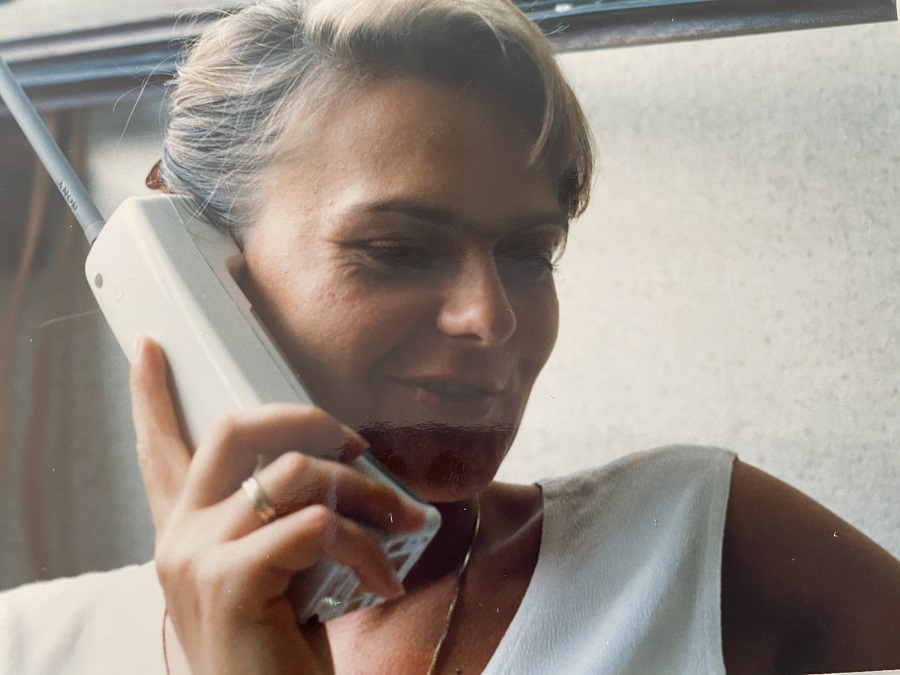
Croatia is a beautiful country and if we were to talk about the beauties and advantages of living in it visible only to the eye, the list would indeed be exceptionally long. However, it’s not only the “outside” that is always beautiful. Some of the nicest memories happen when life and business, personal and one’s general goals are achieved.
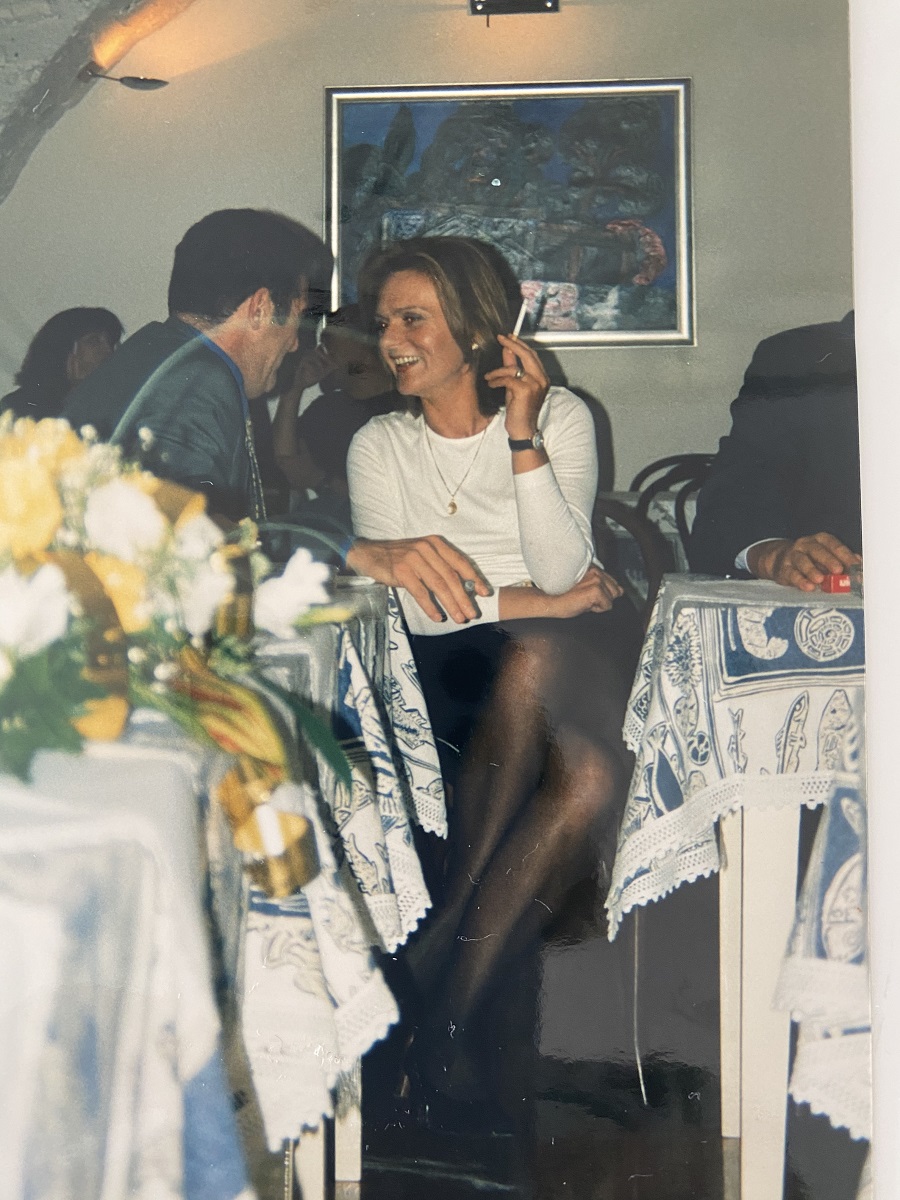
I would like first to go back to the late 1980s, a time marked by the fall of communism and the rise of a centuries-old desire of having one’s own country. I was mature enough then but also still young, harbouring elation and passion, to experience and comprehend those events. I practically “lived on a diet” of news, followed all the talking points and events, and impatiently anticipated the next bit of news. Unfortunately, we quickly realised that achieving our dream was going to be difficult and painful. The war began and our lives changed overnight. Nonetheless, that difficult period of life brought about so many nice things. A sense of community, as well as devising and seeking solutions to life’s problems. Gathering in the basements of Zagreb restaurants were groups of people who in various ways wanted to give their contribution. I joined them with much enthusiasm and developed a closeness with those people who had a positive influence on my life and who quickly became important to society. Most of all, I was able to learn a lot from them because they inspired me to seek the best within me.
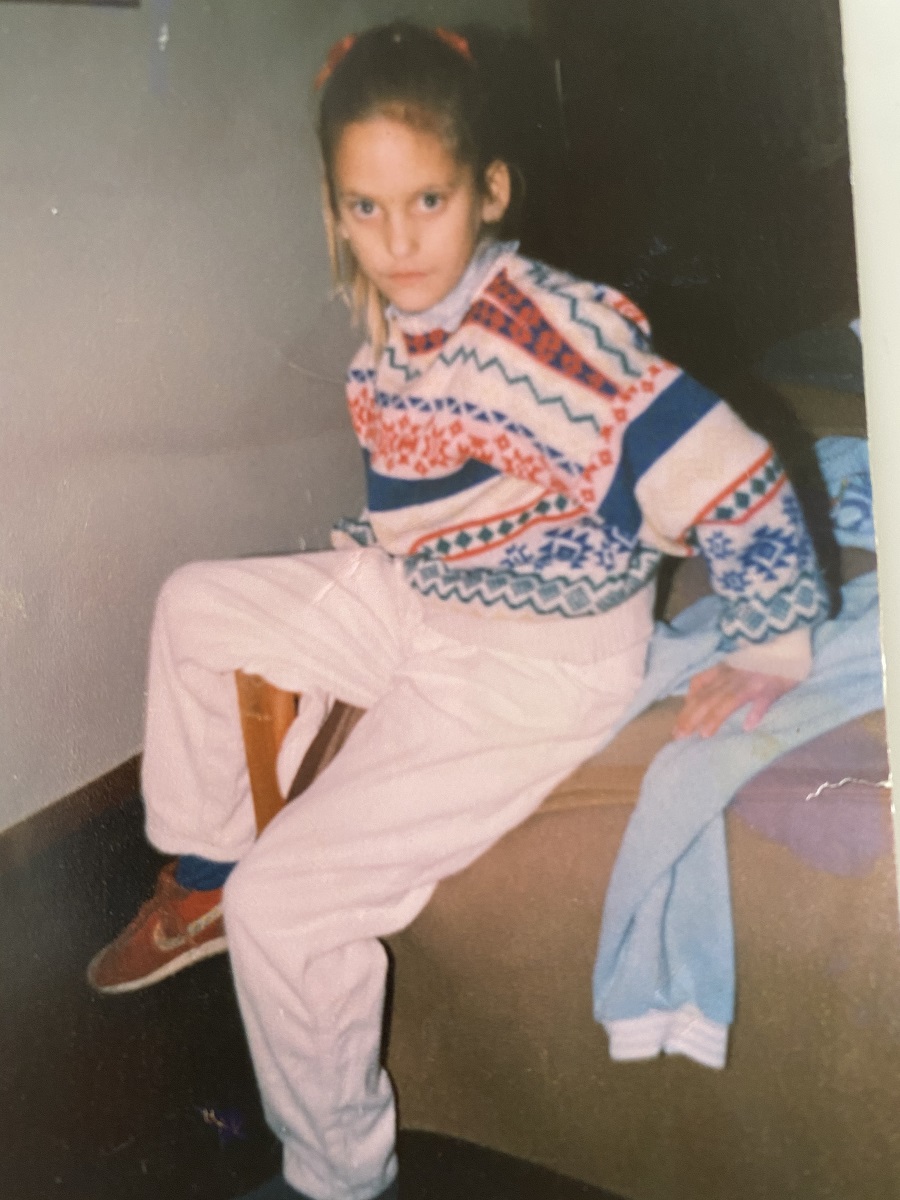
I also recall the fears I experience at that time. Though Zagreb was relatively peaceful, but organising life under the sound of sirens proved to be difficult. I found it especially worrisome that my daughter, who was ten years old at the time, had to attend classes. We knew that the price of freedom was great but, nonetheless, happiness that seemed to be dawning after the war seemed to have been worth it.
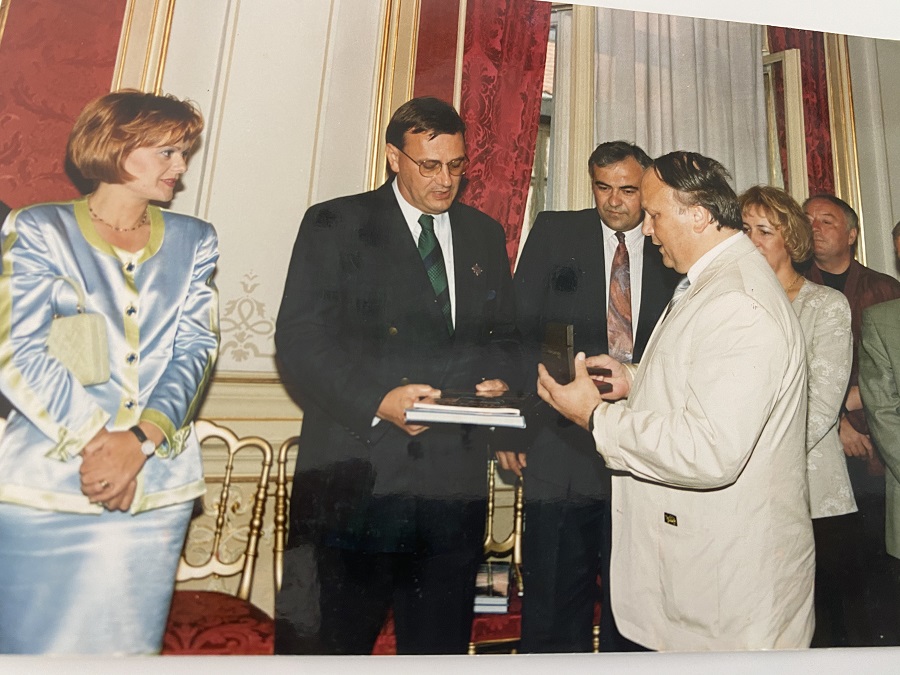
The consequences of war were as expected. A long period of adjustment ensued. The return to normality and recovery was slow. Fortunately, we lived to see better times. I especially recall the period from 2000 to 2006, a time of economic boom. I myself, as a relatively young businesswoman, identified and took advantage of those opportunities. During that time, I founded a public relations agency. It was a profession which, in all practical terms, had not existed yet, but opportunities began to appear. Living and working in Croatia during that time was really gratifying. In time, we eventually got our long-awaited Zagreb-Split motorway, for which our parents had been paying state contributions, and which finally enabled us to spend weekends in beautiful Dalmatia. It is from that period of time that I carry my fondest memories of the coastline, sailing and discovering Croatia’s islands, socialising as well as enjoying Croatian cuisine and wines. Indeed, the parts of the economy that experienced a boom since Croatia’s independence definitely included Croatian cuisine and wines.
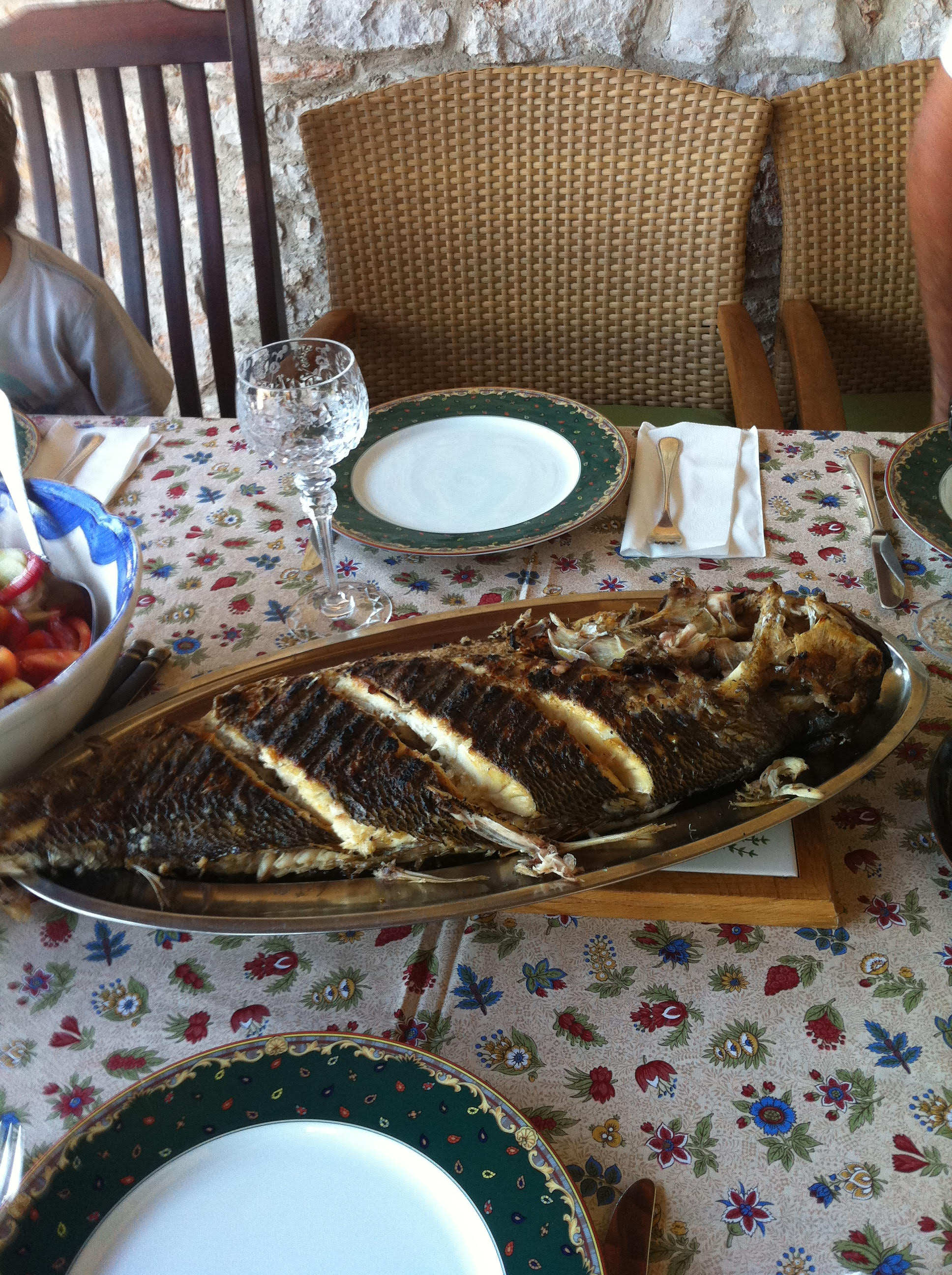
Life is made up of good and not so good days and years. I always endeavoured to learn something in any crisis I encountered. However, the current crisis we are now sharing with the world, somehow seems to be the hardest of them all. I wonder what little goodwill possibly come of it after it has passed. Perhaps there is something. Croatia now has the opportunity to examine the reasoning behind its huge state apparatus and cleanse itself of the many unneeded organisations and agencies. A small light at the end of the tunnel is the collapse of populism, which has been proven to be completely powerless in the current crisis.
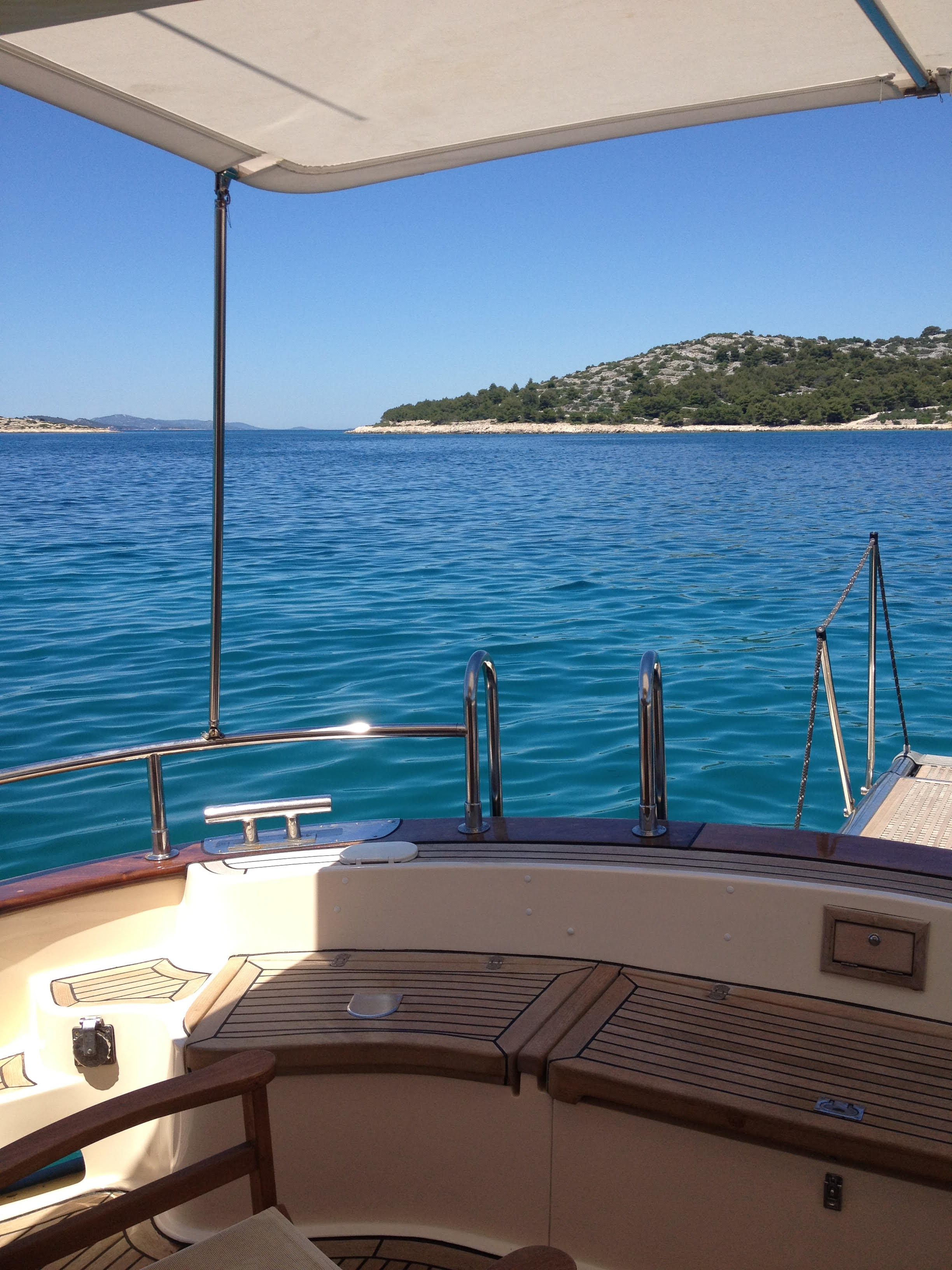
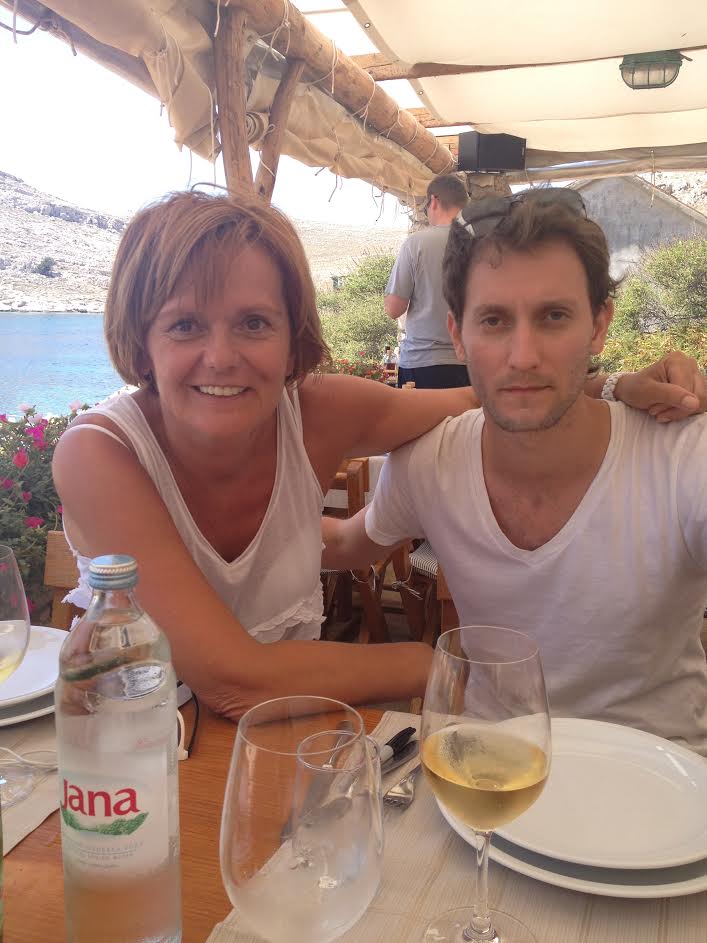
You can connect with Ankica Mamic via LinkedIn.
To read more in any of the four series mentioned above, click here.
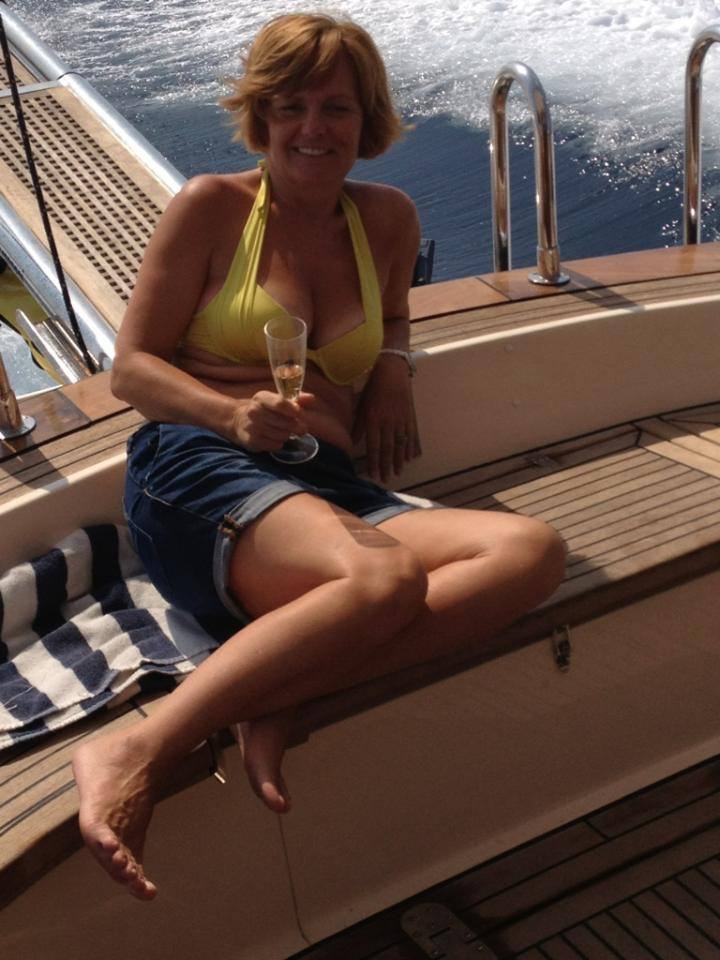
Gov. Targets a New Tourist Demographic: Croats
April 15, 2020 — The coronavirus pandemic effectively nixed any hope of "normal" summer tourism filled with European vacationers and jet setters from all corners of the world. The Croatian government, like many others in Europe, will try to salvage "the season" by drawing a key demographic: locals.
More and more countries are urging their citizens to spend their holidays within their own borders this year, announcing financial measures that would encourage summer vacations somewhere near home.
The Croatian tourism sector will likely rely on local guests this year. The third set of financial measures discussed by the government could follow Greece and Germany's lead by incentivizing local tourism over foreigners by helping employers cover vacation costs, according to Jutarnji List.
The measures would also introduce a financial model encouraging Croats to spend their holidays in the country this year, most likely through the long-announced "Cro Card" program, which will be adapted to the new circumstances.
"We do not know exactly what the model will be, there are all kinds of suggestions," a source told Jutarnji. "Among them a model according to which the state would add a kuna from the budget to every kuna [of paid vacation] by the employer. But things have yet to be defined, so it is too early to talk about the details."
Employers typically mark paid vacations as a non-taxable expense. But in a pandemic, such a model would be unworkable. Most employers lack the resources to cover vacation costs.
Greece's Chamber of Commerce is promoting a discount holiday destination for as many as two million Greeks who, with the help of special coupons, would have a five-day holiday of their choice between July until the end of December, with many expenses heavily subsidized. The same appears true for Germany, one of Croatia's main source of tourists.
The President of Germany's General Practitioners Association, Klaus Reinhardt, told members to cancel plans for holidays abroad they made. Ditto Finland, which is seeing increased talk of canceled vacations because Finnish economists believe it will help restart economic activity.
A well-informed source told Jutarnji proposed financial measures should, among other things, introduce a financial model encouraging Croats to spend their holidays in Croatia. The government may have to help employers to cover vacation costs first.
The campaign aimed at domestic guests will also be joined by the Croatian National Tourist Board, which is still pushing to keep Croatia's high profile in foreign markets mainly through social networks, while activities towards the domestic market will be directed when conditions are right.
It is still unknown how these campaigns will look and how much money will be invested in them. It is likely that, apart from locals, they will also be targeted at guests from the region, more specifically the countries "easily accessible by car."
According to data from the CNTB, 1.69 million Croats took on a multi-day vacation in 2018. Of them, 55 percent, or 929 thousand, traveled within Croatia. Inside Croatia, they generated 16.2 million overnight stays.
Croatia's 3D Printers Ease Medical Supply Shortage
April 15, 2020 — The coronavirus crisis activated 3D printers across Croatia, with an impromptu unification of about 100 people all around the country providing medical professionals with much-needed supplies, according to Jutarnji List.
Among the more active are Osijek residents, who have printed about five hundred protective visors for medical professionals every week since the crisis began.
The whole initiative started virtually, via a Facebook group.
"We have a group called '3D print experts Croatia,' which is the largest gathering our kind in our country," IT expert Valent Turković told the paper. In addition to making visors, he and a colleague coordinate the collection and distribution of 3D-printed materials to area hospitals.
"The idea started from many directions, from all over Croatia. Medical visors of this kind are a new solution, recently created in the Czech Republic," Turković added.
In accordance with the huge demand for protective medical devices, the Czech company Prusa3D designed the mask and made its schematics public.
"This information immediately came to our group and people started printing, and some even optimized the design," Turković said, adding that Split's University was among the first to start production systematically.
People with 3D printers and enthusiasm for helping began to appear on all sides. Turković said the Facebook group created questionnaires for everyone and then grouped people together by region to bring together those with more and those with less experience.
One or two people were selected in each city to collect masks and deliver them to hospitals.
"Often, people often want to take the mask to the hospital as soon as they print the mask, but for security reasons, it is definitely a recommendation that they contact us from the group and allow us to make the delivery," Turković added.
The biggest challenge for them right now is getting plastic parts for visor masks, that is, films or resistant overhead films.
All the masks they make, he says, go to public health services for free. They receive inquiries from private clinics, which they reject.
The masks protect the whole face and covering the eyes, though doctors still wear surgical masks underneath them.
The solution, doctors said, is much better than plastic glasses, which blur their eyesight and often fog up. Turković the 3D printers cannot keep up with demand.
"We try our best to supply everyone, but we just need time," he said.
The electrical engineering school in Varaždin has designed how to print protective visors for doctors faster and cheaper on 3D printers.
The first model, created by a Czech 3D modeling company, required eight hours of printing for one visor, and the Varaždin residents reduced this to one hour per visor. This also reduced the production cost from HRK 40 apiece to about HRK 25.
Two doctors from Varaždin General Hospital suggested printing the visors when the school took the idea and ran with it.
Overall, the campaign, led largely by the student population, is attended by people from 45 cities with about three hundred 3D printers.
It all started at the FESB in Split and the Student Union of the University of Split got involved, who shared the student invitation on Facebook and the avalanche was triggered. In less than 18 hours after the announcement, 120 students and about a hundred 3D printers joined the action.
Printers have emptied domestic plastic material suppliers. Specifically, a special plastic material used in printing, costing up to HRK 200. Fortunately, all those who have the material who don't have printers donated their supplies and quickly returned production to full capacity.
Croatia's "Relaxed Restrictions" Debate Takes Shape
April 15, 2020 — While some EU member states have begun to open up their economies, Croatia remains quarantined. Despite the growing pressure from businessmen to begin the process of unfreezing the domestic economy as soon as possible, the Government is not giving up a millimeter of its restrictive “policy corona” as of now, according to Jutarnji List.
"There are pressures, we are aware of that," a source within the government told the paper. "However, we will only be able to consider abolishing certain measures and prohibitions when the epidemiological picture permits. So far this is not the case yet."
A process of gradual unwinding began on the European Continent this weekend. Spain allowed almost two million construction and industrial workers to return to work. Italy opened bookstores and children's clothing stores. Denmark opened schools for students. The clearest plan to exit the "corona regime" is implemented by the Austrian government, where all stores up to 400 square meters are open. If there is no significant increase in the number of new infections, they will open all other shops, shopping centers and some services such as hairdressing and beauty salons on May 1.
Does the Croatian Government have at least a preliminary plan for reopening the economy?
"It works on various models, but it's still too early to talk about it. There are no comparisons with Austria," the government source told Jutarnji. "Their curve of the daily number of newcomers has been going down for some time, and here the curve is oscillating.
"The number of new patients has to fall five to ten consecutive days to consider the phasing out of individual measures. While the number of new cases fluctuates between 40 and 70 per day, it is not yet time for that."
It leaves Croatia in the same precarious situation as many other nations — squeezed between keeping a pandemic at bay while also hurting an economy.
"It is important that we be careful when withdrawing the measures," Branko Kolarić, Head of the Public Health Gerontology Department of the NHIF “Dr. Andrija Štampar” told Jutarnji. "The measures are intended to preserve the life and health of people and prevent the collapse of the health system. In addition to physical health, there is also mental and social health. The economy and standard of living are also determinants of health and longevity."
While there is no clear answer from the government on how long the quarantine will last, economists Velimir Šonje said that the economy must be started immediately.
"From an economic perspective, irreparable damage has already occurred and the only economic sense is to start the economy immediately in order to try to return to the point we were in February this year in a year or two," he said. "Now that is still possible, with luck. As time goes by in this isolation, the likelihood of such a happy outcome will be less and less.
"If the Germans calculated that their economy could not withstand more than 11 weeks of such a regime, and we know what the German economy is and what the strength of their measures is, what do you think is the endurance limit for a weak economy like the Croatian one that operates with an indebted country?"
Šonje added it is necessary to open the now-closed section of trade and the service sector "with the necessary modalities to comply with anti-epidemic measures," as soon as possible.
The National Civil Protection Directorate has not said when — or whether — it will extend the restrictions on work and movement set to expire on April 18.
The headquarters passed the largest package of restrictive measures - from the ban on the operation of cafes, restaurants, hairdressers and beauty salons, through cinemas, swimming pools and gyms, until the ban on serving masses and operating a driving school - on March 19, with a 30-day deadline.
"Croatia is too small to recover as a closed economy, whereby I don't just mean tourism because this branch is hit hard anyway," Šonje said. "It is important to monitor data, harmonize measures, and integrate some information systems and protocols in the future because Central European economies are closely linked, and the flow of goods and services, which is vital for all these countries, depends on the people."
Kolarić warned against rushing through reopening the economy. "The world has never stopped this way," he said. "When we have already assessed the threat of this contagion to the global and significantly reduced personal freedoms and so-called a free market, it is important that when withdrawing measures we are careful not to spoil what we have done well."
Post-Corona Tourism Planning: Lessons from Portugal & South Africa
April 15, 2020 - Are countries making plans for post-corona tourism? Should they be? Some interesting approaches from Portugal and South Africa.
Spending so much time online, I tend to follow things that do not overly concern me, and one of the things that I have taken more than a passing interest in recent years is the social media crisis response to disasters.
Remember the cruise ship and the erupting volcano on White Island in New Zealand? That was just four months - and many lifetimes - ago. As my lovely Russian sister-in-law was working on the ship, I followed events very closely, and I was very surprised to see the Facebook activity on the main cruise ship company page with its almost 5 million followers. The ship has its own Facebook page and posted a touching note about the tragedy, as well as a poignant video as the ship left the harbour a couple of days later.
But the main page? Absolutely nothing at all. For 9 days. And then, on December 17, 2019, when a post finally appeared, it was as though nothing had happened and the FB admin had taken some time off for a holiday. But I am not a crisis communications expert, so perhaps that is the way to deal with the situation.

The subject of post-corona travel is a complicated one to deal with. With so many people in lockdown, and with tourism so intangible at the moment, never mind the impending economic crisis, there are those who say we should not be talking about tourism at all at this time.
And perhaps they are right.
The thing is, though, tourism is more than 20% of Croatia's GDP, and while tourism may well be different on the other side, tourism will be an essential part of Croatia's economic recovery. And so it makes sense (to me at least) to start planning for scenarios.
This is an unprecedented situation in our history, where a significant portion of the world is at home with time on its hands, with only two real escape routes from the current nightmare - memories of the past and dreams of the future.
I don't think I am alone in that I have some INSANE longings for things that I can't have right now - and the photos of the fabulous steaks from Durina Hiza were driving me crazy until owner Nikola Bozic announced a nationwide steak (and other products) delivery service.
Should we be trying to create that desire and connection to future tourists at the moment, or all lockdown and forget about the world until it returns to a semblance of normality?
I personally think that creating engaging content about destinations now will sow seeds of interest for the future. I am very aware that we are more fortunate than many with our current setup on Hvar, after we decided to see this one out at our Jelsa home (after we lost all our bookings), and I am conscious that posting gorgeous images and photos by the sea can be torture to some. But I have been overwhelmed with messages of thanks and requests for more by so many people who plan to visit Hvar as soon as they can.
Easter Sunday was extraordinary, with people not on Hvar tagging their friends so they could hear the bells ringing on Easter Sunday.
So what is happening at the national tourist board level around the world? Is anyone taking a proactive approach to preparing for post-corona tourism? YES! Here are two very interesting promotional tourism videos put out in the corona age.
South Africa Tourist Board
Portugal Tourist Board
The response by the Croatian National Tourist Board to the Zagreb earthquake was magnificent - see this video posted on its Facebook page the same day. Very impressive.
Regarding post-corona tourism, however, I have seen absolutely nothing proactive in the way South Africa and Portugal have responded. Indeed, it seems that they are still formulating a plan, according to today's news - Croatian National Tourist Board Discusses Impact of Coronavirus Pandemic.
Getting the post-corona tourism strategy right is going to be essential for the Croatian economy, as competition for the diminishing number of tourists who will travel will be insane.
Let's hope Croatia comes up with the right formula.
For more insights into scenarios for post-corona tourism, you can check out this thought-provoking series from Zoran Pejovic from Paradox Hospitality.
Vese Huljic, AndAdventure: Will Travel Industry Be Changed When All is Said and Done?
April 15, 2020 - Reflections from one of Croatia's longest-serving adventure tourism professionals, Vese Huljic from AndAdventure in Split.
A few weeks ago, before the world changed several times, I contacted one of my favourite people in the Croatian tourism industry - Vese Huljic, from And Adventure in Split. A Jelsa girl, I have known Vese for years, from the start of Total Hvar back in 2011. Her story is very impressive, one of the founding members of a new adventure tourism business back in 2005 - an era when many people in Croatian tourism had no idea what adventure tourism was.
Years passed, and I realised that not only had adventure tourism in Croatia come on leaps and bounds, but Vese had been at the forefront of that change and progress for 15 years now. I messaged her to see if she would be interested in an interview.
She replied that things were getting crazy with corona and cancellations and she would get back to me.
And get back to me she did, this morning, several weeks and several lifetimes later, with THIS, posted on her website.
About a month ago, a dear friend of mine who manages a popular Croatia news blog asked me for my insight, as he was working on a story about AndAdventure. The request came just as the global impacts of COVID-19 began to change our lives–personally and professionally–as we know it. In the travel and tourism industry, no one is being spared from disruption.
To buy some time, I told him that I need to rethink my career. But realistically, there is not much to rethink, because when you love what you do–when you deeply care about your team, and the suppliers that depend on your business–the only thing to do is focus on preserving what we have, reimagining what we can, adopting to the constant changes, and getting ready to move forward on the other side of this. Every day, new questions arise and in most cases, we don’t have answers; the moment we think we have figured something out, another development resets our course.
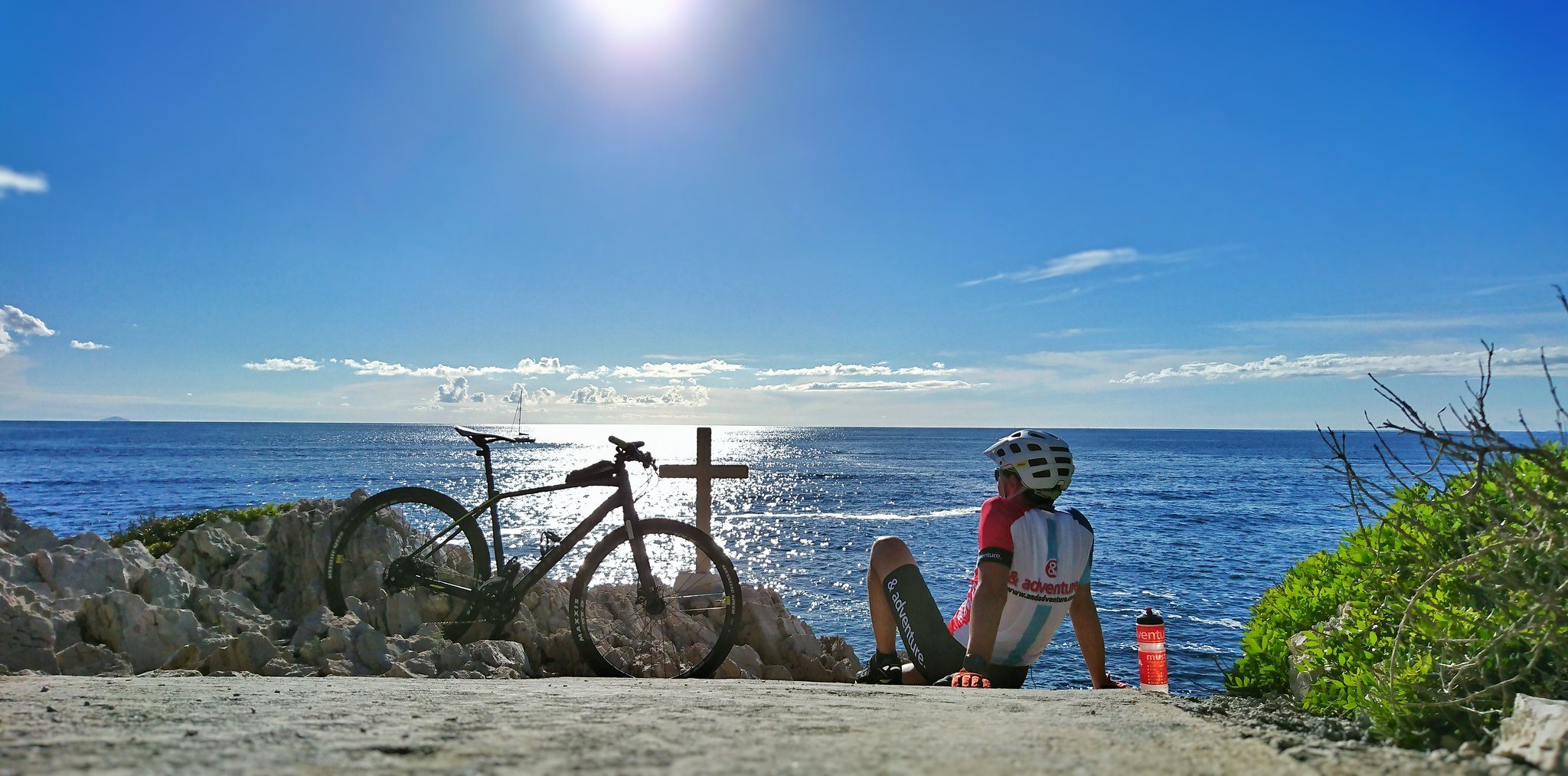
When will this end? We don’t know. Will the travel industry be changed when all is said and done? Probably, but we don’t know for certain how, though there are many ideas and perspectives circulating that we can consider as we find a path forward. Still, there’s an opportunity in the meantime to take stock of what we do know and what we can observe of Covid-19’s impact on the planet, and adjust accordingly. If anything good is to come out of this, perhaps it’s our chance to do things better.
Nature is healing
Being an adventure-oriented company, the great outdoors is our sanctuary; respecting and immersing ourselves in all of nature’s glory is where we find our joy. I enjoy seeing positive news stories and social media posts about wildlife reclaiming their territory and reports on less pollution due to a slow down of industrial production and traffic, etc. We can’t wait to get outside again.
Overtourism
Not so long ago, this was one of the biggest challenges of Croatia’s most popular destinations, and there was no clear solution (or, maybe fair to say the associated revenue was a deterrent to consider our options). In today’s climate, “overtourism” has become a long-lost concept; hopefully, gone but not forgotten. Our lessons learned and the negative impacts of overtourism well-documented, we are in a better position than ever to integrate and enforce green, sustainable practices to all we do. As an active and adventure travel business, this is core to our existing ethos; small group tours leaving minimal impact and few traces of our presence in the areas we operate while supporting locally-owned businesses to strengthen community success. Now, we’re looking at how we can innovate further. Let’s hope that with this reset, more key industry players take-up–and follow through with–a better way of doing things so overtourism will be nothing more than a thing of the past.
We were given time
It’s a precious commodity that most of us missed desperately when business was in full swing; we always needed more of it–time to enjoy with our families, kids; time to finally read that book or finish that online course that’s been on file for years; or even to pair all the Tupperware boxes with matching lids. Now, we have that time. It’s an opportunity to rethink our lives, careers and goals. To reimagine our businesses to be more sustainable and nature-oriented. Indeed, we also have time to be sad; to feel the uncertainty about the future and for stress to numb our creative power. But when you can, choose motivation, optimism and hope–because even the darkest patch can be a beautiful turning point.
I still owe my friend answers to the long set of questions he sent me, not because I feel that timing might be wrong to publish our story – but because I believe this is the time we all need to reinvent ourselves, assess our businesses and our goals, and redirect our creative energy so we could deliver better, greener and more sustainable experiences when we’re finally able to welcome our clients to beautiful Croatia once again. When that time comes, I will be happy to share the journey of AndAdventure, which will be made richer for the experience of overcoming challenges and adapting to a new reality.
In the meantime– to my team and of our suppliers with whom we’ve created so many amazing AndAdvenure experiences, to our partners who are facing the same struggles, and to our precious clients who are supporting us in so many different ways, thank you. We will sail through this storm together.
You can connect with Vese Huljic and the AndAdventure team through their official website.
For the latest on Croatian tourism, click here.
Easter Consumption Down 14 %
ZAGREB, April 15, 2020 - Croatian citizens have spent HRK 1.2 billion over the Easter holidays, down 14 percent from last year when they spent 1.4 billion, according to the Croatian Chamber of Commerce (HGK).
According to the Tax Authority, a turnover of HRK 976 million was generated in trade and HRK 838.3 million in retail between Holy Thursday and Easter Monday.
Although this is a significant fall, these figures show that the economy has not stopped, despite lockdown imposed due to the coronavirus, a HGK official said.
Given that the said figures do not include sales results generated by family farms whose business has significantly increased over the past several weeks, we can conclude that Croatia is dealing with the crisis well and that there is no significant fall in consumption, the HGK official said.
More economy news can be found in the Business section.

